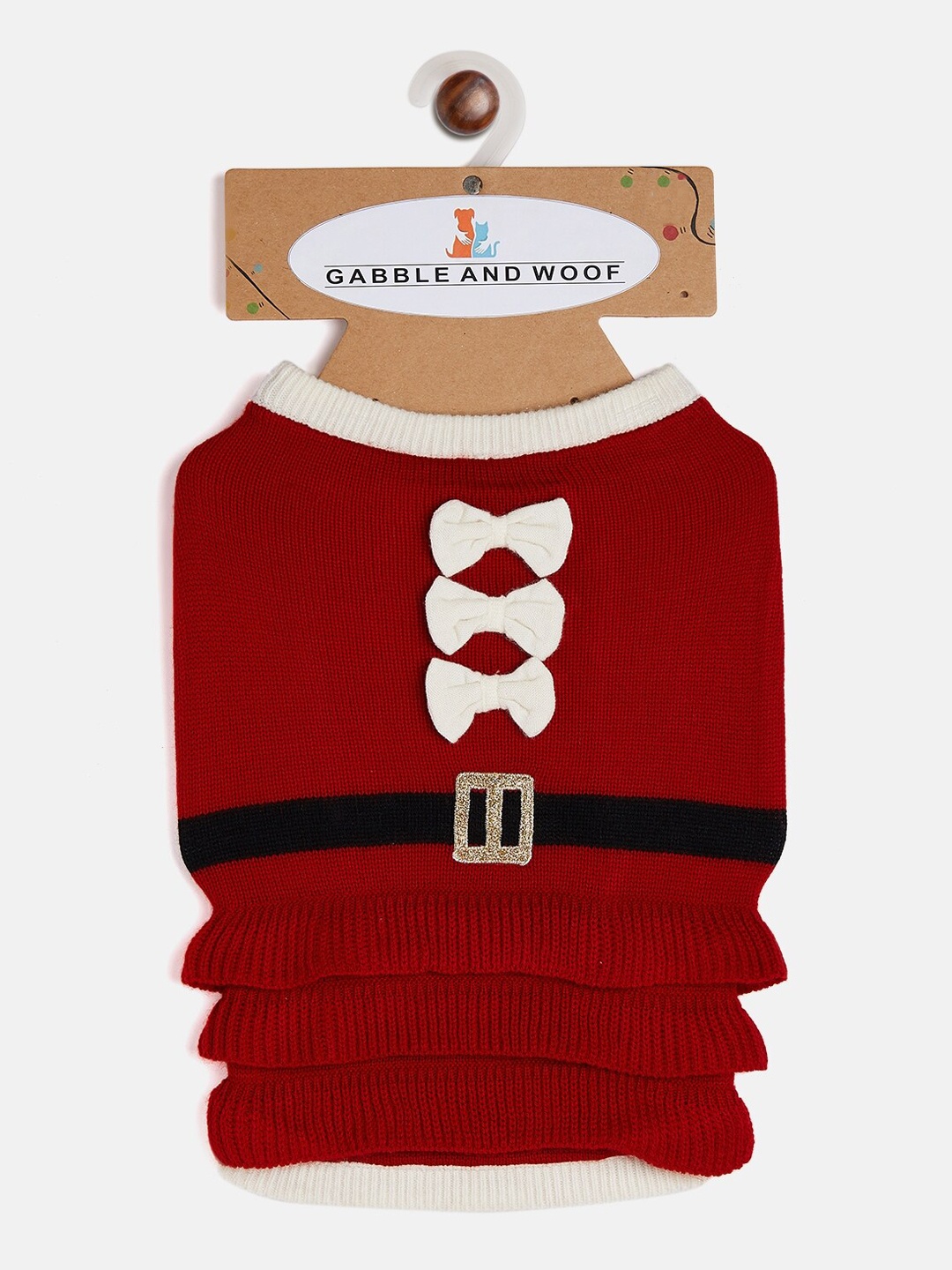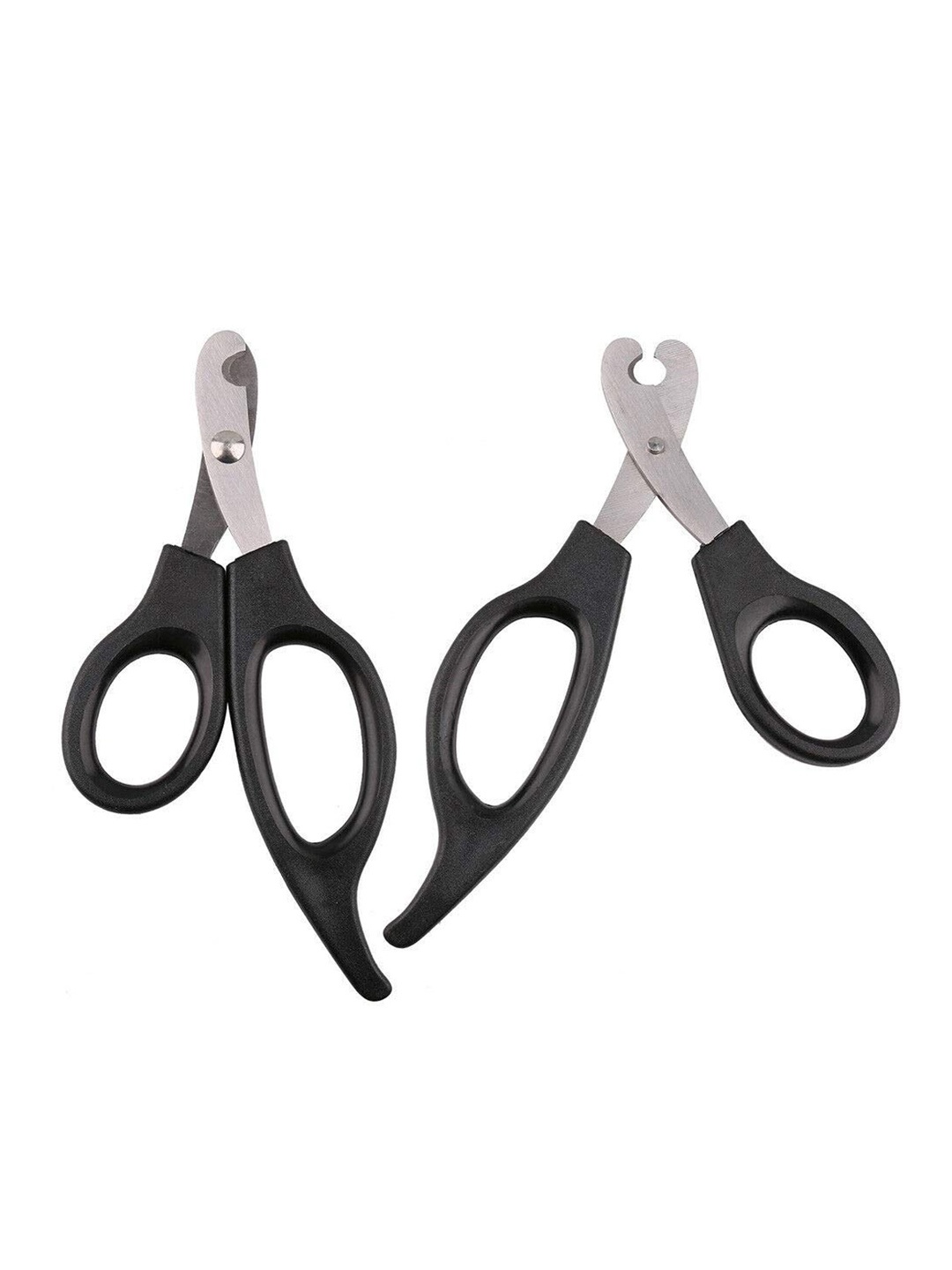Refined Sugar vs Brown Sugar: What To Choose And Why
Wondering whether refined sugar or brown sugar is better? Discover the key differences, benefits, nutritional facts, and uses of both to make the right choice for your diet and recipes.
Both refined sugar and brown sugar contain almost the same calories.
Sugar has been at the heart of our diets for centuries, shaping culinary traditions and influencing the way we enjoy food. From sweetening tea to baking cakes and desserts, sugar plays a role in countless dishes across the globe. Yet, not all sugar is created equal. Two of the most commonly used types are refined sugar (often referred to as white sugar or crystal sugar) and brown sugar. While both serve as sweeteners, they differ in appearance, taste, composition, and nutritional profile.

Brown sugar has a richer flavour because of molasses.
Photo Credit: Pexels
Understanding the differences between refined sugar and brown sugar is crucial, especially for those who want to make informed dietary choices. Let's explore how these sugars are made, what sets them apart, and which one might be better suited to your needs.
Also Read: Multigrain Atta vs Single Grain Atta: Which One Should You Choose And Why?
How Refined Sugar Is Made
Refined sugar, also known as white sugar, is derived from sugarcane or sugar beet. The process involves several steps: extraction of juice, purification, evaporation, crystallisation, and refining. The refining stage removes molasses and impurities, resulting in clear, sparkling white crystals.
This variety is the most widely used form of sugar in households and food industries because it dissolves quickly, has a neutral taste, and blends seamlessly into beverages and recipes. Its uniform sweetness makes it the default choice in most packaged foods, baked goods, and soft drinks.
How Brown Sugar Is Made
Brown sugar also originates from sugarcane or sugar beet. However, it retains some molasses during the refining process. This molasses content is what gives brown sugar its characteristic caramel-like flavour and soft, moist texture.
There are two primary types of brown sugar:
- Natural brown sugar: Produced by partially refining sugar so that molasses is left intact.
- Commercial brown sugar: Created by adding molasses back to refined white sugar.
Brown sugar is often used in baking recipes such as cookies, cakes, and marinades because it lends moisture, chewiness, and a deeper flavour compared to refined sugar.
Key Differences Between Refined Sugar and Brown Sugar
| Factor | Refined Sugar (White Sugar) | Brown Sugar |
|---|---|---|
| Appearance | White, transparent crystals | Light to dark brown, moist granules |
| Production | Fully refined, molasses removed | Retains or is mixed with molasses |
| Flavour | Sweet, neutral, clean taste | Rich, caramel-like flavour |
| Texture | Dry, fine or coarse crystals | Soft, sticky, slightly moist |
| Nutritional Content | Almost pure sucrose, negligible minerals | Contains trace minerals like calcium, potassium, iron, magnesium |
| Calorie Count | ~16 calories per teaspoon | ~15–17 calories per teaspoon (almost similar) |
| Shelf Life | Long, non-perishable when stored dry | Shorter, may harden due to moisture |
| Culinary Use | Beverages, desserts, everyday cooking | Baking, sauces, marinades, recipes needing moisture |
Nutritional Value: Is One Healthier?
At first glance, brown sugar appears healthier because it contains minerals such as calcium, potassium, magnesium, and iron due to the presence of molasses. However, these minerals are present in very small quantities, too little to make a significant contribution to daily nutritional requirements.
Both refined sugar and brown sugar are composed primarily of sucrose and provide roughly the same number of calories. From a nutritional standpoint, neither can be considered a 'healthy' option, especially when consumed in excess.
Benefits Of Refined Sugar
- Neutral taste: Blends seamlessly into drinks and desserts without altering flavour.
- Versatility: Suitable for all kinds of cooking and baking.
- Long shelf life: Easy to store without risk of spoilage.
- Cost-effective: Widely available and usually more affordable.
Benefits Of Brown Sugar
- Richer flavour: Enhances baked goods with a caramel-like taste.
- Moisture retention: Keeps cookies and cakes soft and chewy.
- Slightly higher mineral content: Offers trace amounts of nutrients.
- Aromatic quality: Adds depth to sauces, marinades, and savoury dishes.
Which One Should You Choose?

Moderation is key, less sugar is always better for health.
Photo Credit: Pexels
The choice between refined sugar and brown sugar depends largely on usage rather than health. If you want a neutral sweetener for tea, coffee, or everyday cooking, refined sugar is the more practical option. However, if you're baking or preparing recipes where texture and flavour complexity matter, brown sugar is often the preferred choice.
For those concerned about health, the reality is that both sugars are similar in calorie content and glycaemic impact. Excess consumption of either can contribute to weight gain, tooth decay, and metabolic disorders such as diabetes. Moderation remains the key.
Expert Tip: Alternatives To Consider
If you're looking to reduce refined sugar intake, natural alternatives such as jaggery, honey, stevia, or coconut sugar may be better options. These alternatives not only sweeten food but may also offer additional nutrients and a lower glycaemic index in some cases.
Both refined sugar and brown sugar have their own strengths. Refined sugar is versatile, economical, and neutral in flavour, while brown sugar adds a rich, moist texture and depth to baked goods. Nutritionally, however, they are almost identical, with negligible differences in calorie content and mineral presence.
Rather than focusing solely on which sugar to choose, the bigger picture lies in how much sugar we consume. Regardless of type, mindful moderation is the best approach to maintaining a healthier lifestyle.
Products Related To This Article
1. FORTUNE Sugar
2. Organic Tattva Brown Sugar
3. UTTAM SUGAR Sulphurfree Sugar
4. Organic Tattva Sugar
5. DHAMPURE Sulphurless Sugar
6. UTTAM SUGAR Natural Brown Sugar
7. Classic by Flipkart Grocery Bold Sugar
Frequently Asked Questions (FAQs)
1. Is brown sugar healthier than refined sugar?
Brown sugar contains trace minerals due to molasses, but the amounts are too small to make a significant health difference. Both are similar in calories and impact on blood sugar.
2. What is the main difference between refined sugar and brown sugar?
Refined sugar is fully refined with molasses removed, while brown sugar retains or is mixed with molasses, giving it a deeper flavour and moist texture.
3. Which sugar is better for weight loss?
Neither brown sugar nor refined sugar is better for weight loss, as both contain almost the same calories. Reducing overall sugar intake is more important.
4. Can I replace white sugar with brown sugar in recipes?
Yes, but it may change the taste and texture. Brown sugar adds moisture and a caramel-like flavour, which may alter the outcome of certain baked goods.
5. What are healthier alternatives to refined sugar?
Some healthier alternatives include jaggery, honey, stevia, coconut sugar, and maple syrup, which may provide additional nutrients and lower glycaemic impact.













